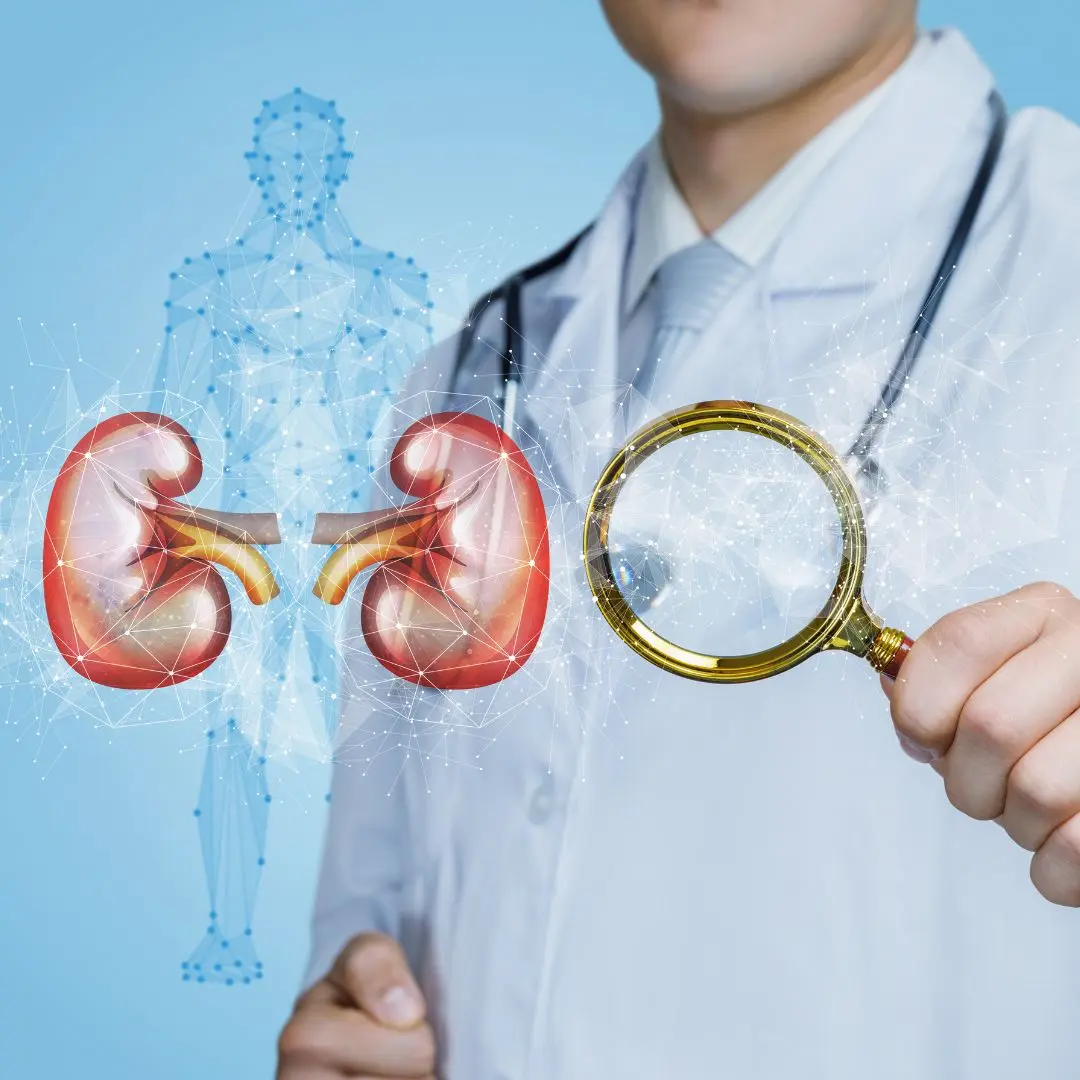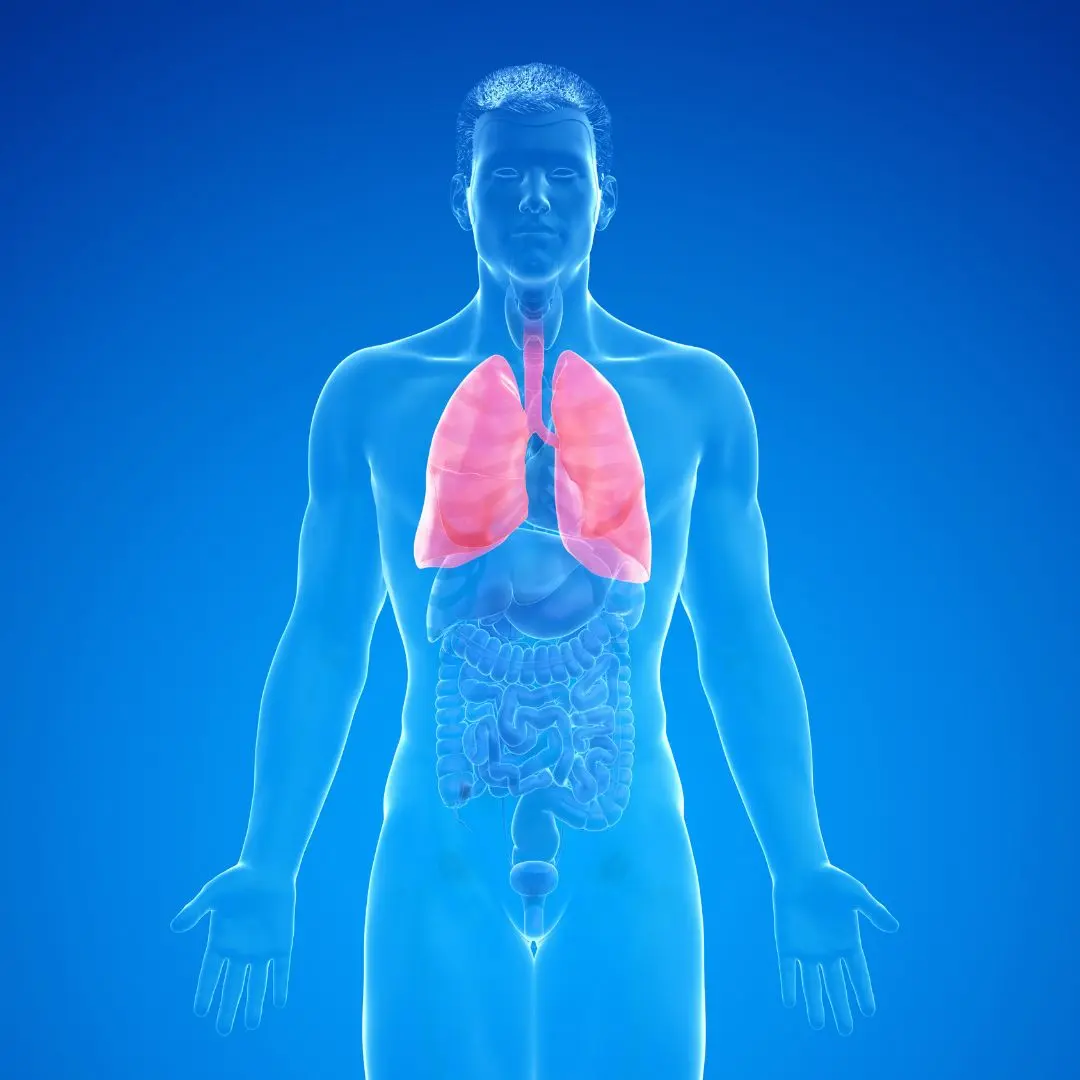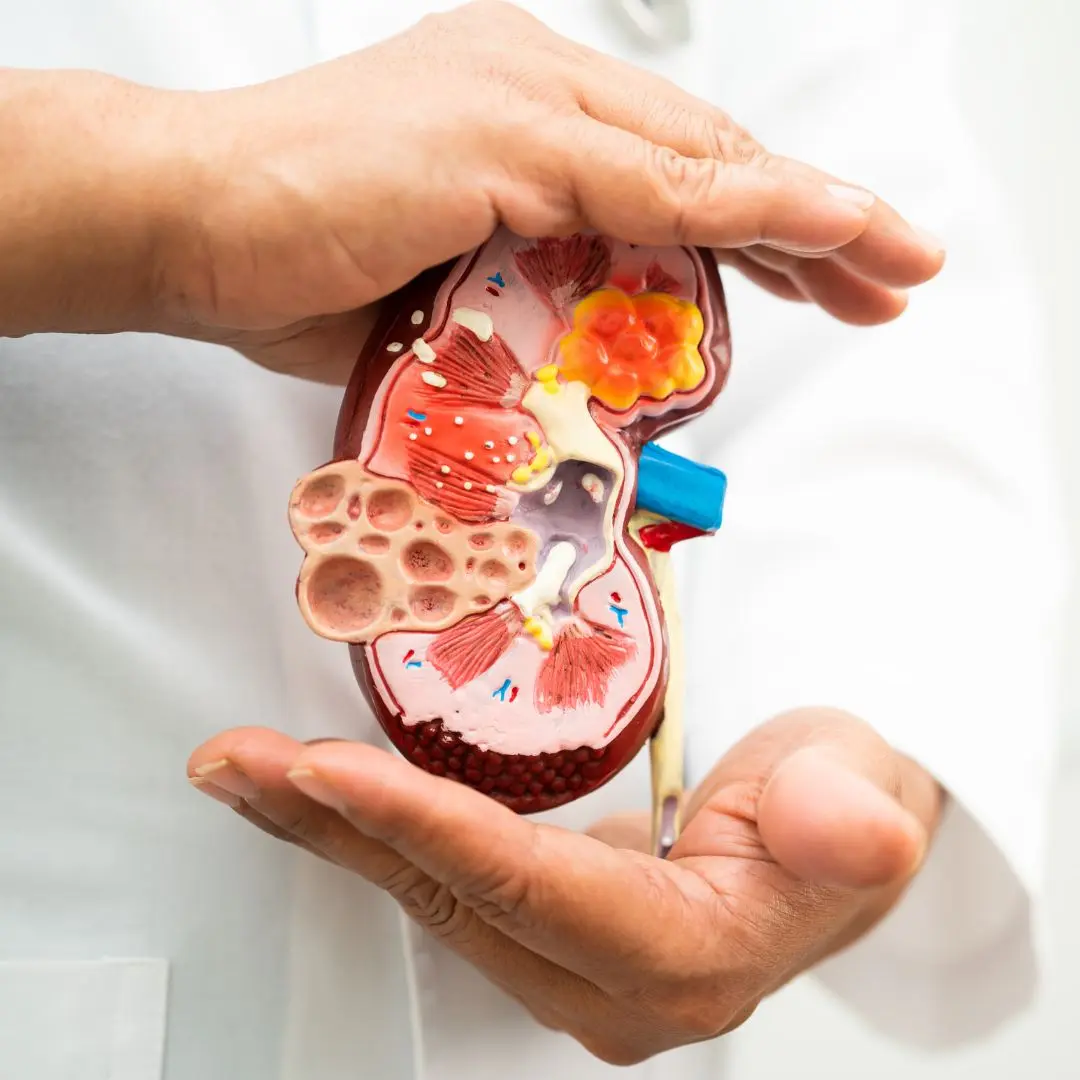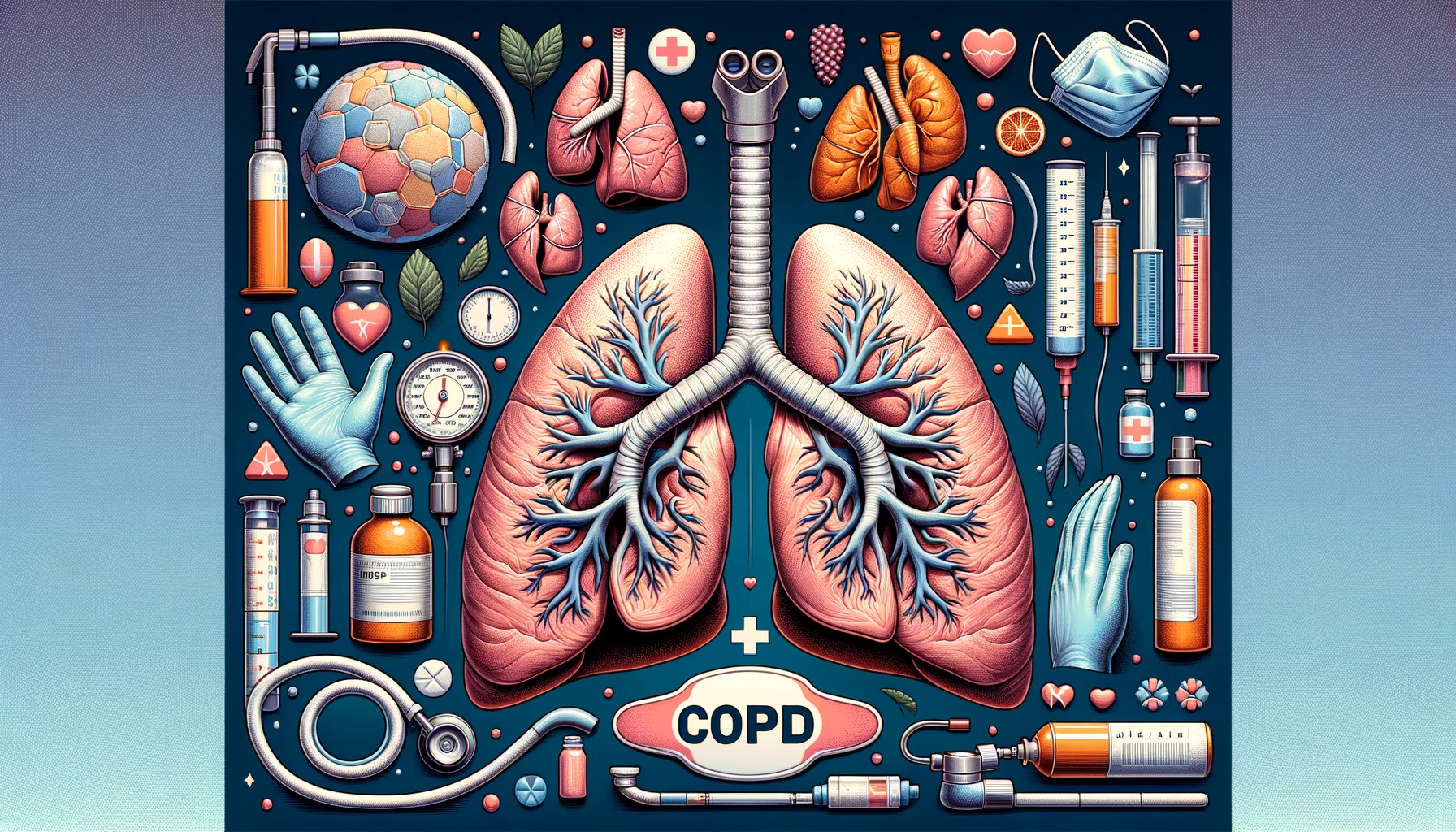Stomach ulcers, also known as peptic ulcers, are sores that develop on the lining of the stomach.

Blog
Can Stomach Ulcers Cause Cancer? Understanding the Link
Stomach ulcers, also known as peptic ulcers, are sores that develop on the lining of the stomach. These ulcers can cause significant discomfort and, in some cases, lead to serious complications. One of the major concerns is whether stomach ulcers can cause cancer. This article explores the link between stomach ulcers and cancer, how ulcers form, and the strategies to prevent them from leading to more severe conditions.
Stomach ulcers are open sores that occur on the inner lining of the stomach. They are primarily caused by an infection with the bacterium Helicobacter pylori (H. pylori) or long-term use of nonsteroidal anti-inflammatory drugs (NSAIDs) like ibuprofen and aspirin. Other contributing factors include excessive alcohol consumption, smoking, stress, and spicy foods. Symptoms of stomach ulcers include burning stomach pain, bloating, heartburn, nausea, and in severe cases, vomiting blood or having black stools.
The concern about stomach ulcers leading to cancer stems from the chronic inflammation caused by H. pylori infection. This bacterium can damage the stomach lining, leading to ulcers and chronic gastritis. Over time, the persistent inflammation and damage can increase the risk of developing gastric (stomach) cancer. However, it is important to note that while H. pylori infection is a major risk factor, not all individuals with stomach ulcers or H. pylori infection will develop cancer. Factors such as genetics, lifestyle, and the duration of infection also play a significant role in cancer development.
Several risk factors can increase the likelihood of stomach ulcers progressing to cancer:
Long-term infection with H. pylori is a significant risk factor for developing stomach cancer.
Diets high in smoked, salted, and pickled foods can increase the risk of stomach cancer. Conversely, a diet rich in fruits and vegetables may reduce the risk.
Having a family history of stomach cancer can increase an individual's risk.
Tobacco use is linked to a higher risk of stomach cancer.
Stomach cancer is more common in older adults and males.
Prevention strategies focus on reducing the risk factors associated with stomach ulcers and cancer. Key measures include:
Eradicating H. pylori with antibiotics and acid-suppressing medications can reduce the risk of ulcers and potentially lower the risk of cancer.
Avoiding long-term use of NSAIDs can help prevent ulcer formation. If NSAIDs are necessary, using the lowest effective dose and taking them with food can minimize risk.
Eating a diet rich in fruits, vegetables, and whole grains while avoiding smoked, salted, and pickled foods can reduce the risk of stomach cancer.
Quitting smoking and limiting alcohol consumption can lower the risk of ulcers and cancer.
Regular medical check-ups and endoscopic screenings for high-risk individuals can help detect and treat ulcers or precancerous changes early.
In the early stages, stomach cancer may not cause noticeable symptoms. As the disease progresses, symptoms can include:
Ongoing indigestion or heartburn that does not go away.
Losing weight without trying.
Persistent pain or discomfort in the stomach area.
Nausea and vomiting, sometimes with blood.
A decreased desire to eat or feeling full quickly.
While stomach ulcers themselves do not directly cause cancer, the underlying factors such as chronic H. pylori infection and prolonged inflammation can increase the risk. Understanding the link between stomach ulcers and cancer, along with implementing preventive measures, can help manage and reduce the risk of serious complications. Regular medical check-ups and a healthy lifestyle are essential for maintaining stomach health and preventing the progression of ulcers to cancer.
Stomach ulcers are open sores that occur on the inner lining of the stomach. They are primarily caused by an infection with the bacterium Helicobacter pylori (H. pylori) or long-term use of nonsteroidal anti-inflammatory drugs (NSAIDs) like ibuprofen and aspirin. Other contributing factors include excessive alcohol consumption, smoking, stress, and spicy foods. Symptoms of stomach ulcers include burning stomach pain, bloating, heartburn, nausea, and in severe cases, vomiting blood or having black stools.
The concern about stomach ulcers leading to cancer stems from the chronic inflammation caused by H. pylori infection. This bacterium can damage the stomach lining, leading to ulcers and chronic gastritis. Over time, the persistent inflammation and damage can increase the risk of developing gastric (stomach) cancer. However, it is important to note that while H. pylori infection is a major risk factor, not all individuals with stomach ulcers or H. pylori infection will develop cancer. Factors such as genetics, lifestyle, and the duration of infection also play a significant role in cancer development.
In the early stages, stomach cancer may not cause noticeable symptoms. As the disease progresses, symptoms can include:
Need Personalized Health Guidance?
Get expert advice tailored to your specific health needs from our qualified healthcare professionals.





